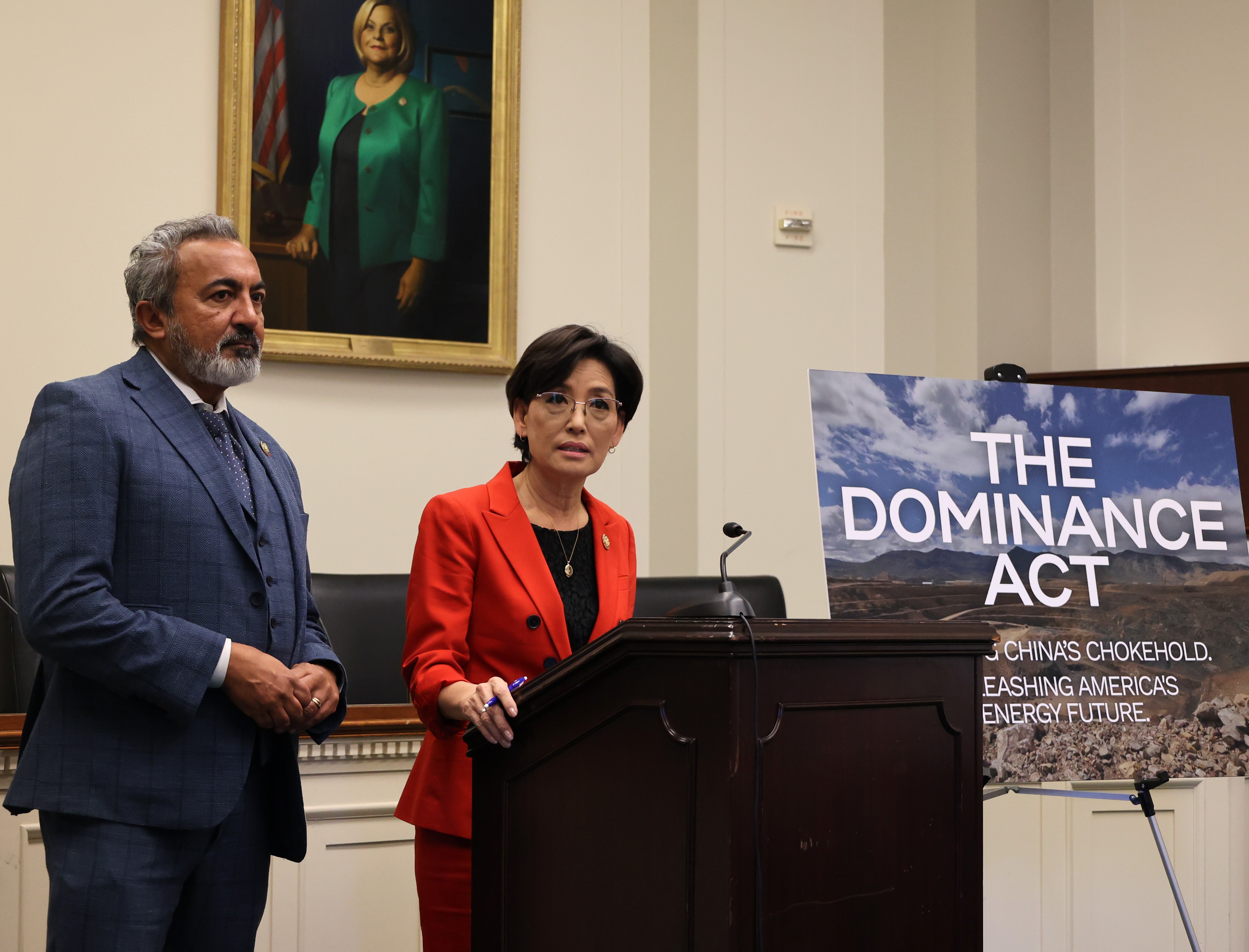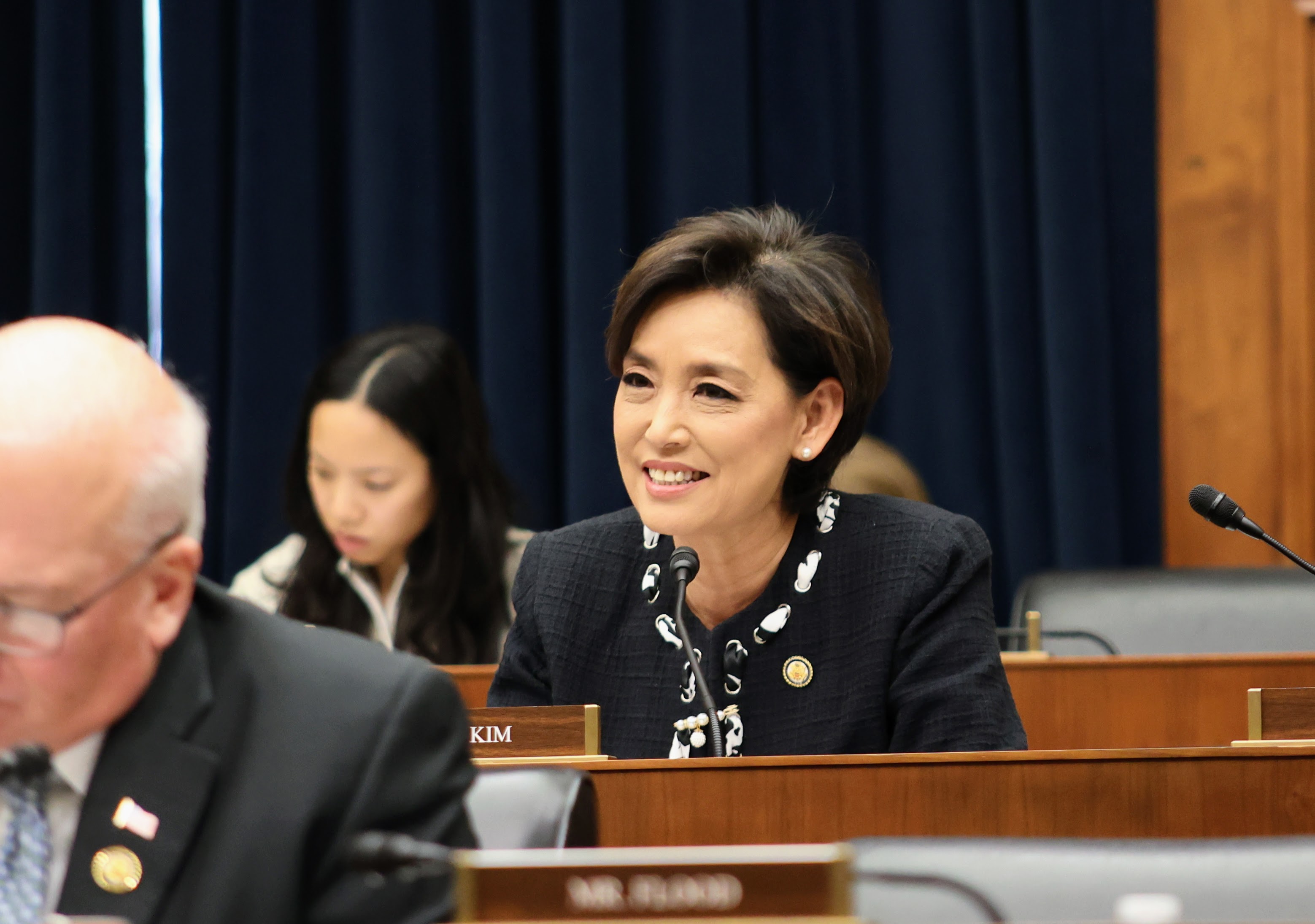President Joe Biden will speak with Chinese President Xi Jinping Friday morning to try and enlist China’s support in mitigating the worsening humanitarian crisis sparked by Russian President Vladimir Putin’s Ukraine invasion.
The call — likely brokered in national security adviser Jake Sullivan’s one-on-one in Rome on Monday with China’s top diplomat, Yang Jiechi — occurs amid intensifying verbal sparring over Beijing’s failure to condemn Russian aggression and parroting of Moscow’s invasion narrative.
Biden and Xi seeded a modicum of goodwill with a virtual meeting in November. But Washington has been angry with Beijing’s neutral position over Ukraine and has threatened punitive economic sanctions if China provides assistance requested by Putin.
The call is a potential watershed moment in the U.S.-China relationship.
It will test Biden’s ability to leverage his relationship with Xi to overcome Beijing’s position of passive complicity with Moscow and extract commitments that China instead pressure the Kremlin to seek an end to Russia’s slaughter in Ukraine.
“I think Jake Sullivan [in his meeting with Yang] laid out the negative consequences for China of any aid to Russia, so now it’s time for Biden to build on his personal relationship with Xi to emphasize the upside potential of cooperating at this critical moment in world history, to appeal to his statesman side, and suggest that this might be a really good way to get [bilateral] relations back on constructive footing,” said Susan Shirk, a China expert and former deputy assistant Secretary of State. “A realistic expectation is that Xi commits not to tangibly assist Russia in terms of evading financial sanctions and military aid.”
The U.S. and China have deadlocked over Beijing’s refusal to use its influence on Putin to curb the war in Ukraine. China is Russia’s largest trading partner: Bilateral trade soared 36 percent in 2021 to a record $147 billion and it has recently committed to massive purchases of Russian wheat and coal.
U.S. Secretary of State Antony Blinken channeled the Biden administration’s frustration in a Thursday press briefing.
“We believe China in particular has a responsibility to use its influence with President Putin and to defend the international rules and principles that it professes to support,” Blinken said. “Instead, it appears that China is moving in the opposite direction by refusing to condemn this aggression while seeking to portray itself as a neutral arbiter — and we’re concerned that they are considering directly assisting Russia with military equipment to use in Ukraine.”
Diplomatic sources said that Blinken’s bluntness reflects impatience, not posturing.
“The Biden team is completely fed-up with Beijing [but] they don’t want to close the door to diplomacy in order to deliver a strong warning signal and to show allies, partners and ‘neutral’ countries that the U.S. is trying its best to persuade China till the last minute,” a D.C.-based diplomat told POLITICO. “If Beijing changes its course after the Biden-Xi call, it’s a good thing for the world. If not, it will be easier for the U.S. to ask other countries to join the U.S.-led pressure campaign against China.”
The Chinese government continues to mouth empty platitudes, rather than take action that might make Putin rethink his decision.
“On the Ukraine issue, China has been making positive efforts to deescalate the situation as we are committed to promoting peace talks and proposing our initiative to resolve the current crisis,” Chinese Foreign Ministry spokesperson Zhao Lijian said Thursday. Zhao spiked that line by adding that criticism of China’s position on the invasion was hypocritical and possibly racist.
The Biden administration has been incensed by indications that Russia has requested Beijing’s material assistance in the Ukraine war effort through provision of unspecified economic and military aid.
A senior U.S. official said the Chinese government had “responded” to that request, but there are no details as to the nature of that response. Russia denies that allegation and China has dismissed it as “disinformation,” while refusing to categorically state that it won’t provide such assistance.
The White House has responded by threatening Beijing with sanctions if it accedes to Russia’s request.
China has replied with defiance. “China is not a party directly involved in the crisis, and it doesn’t want to be affected by sanctions even more. China has the right to safeguard its legitimate and lawful rights and interests,” Chinese Foreign Minister Wang Yi told Spanish Foreign Minister José Manuel Albares Bueno on Monday.
Biden’s challenge will be to convey to Xi that improvement in bilateral relations hinges on him ending China’s spectator status to the conflict by cutting supply lines to Russia and pressuring Putin to take steps to stop the fighting.
“China is trying to straddle three competing policy priorities — its longstanding foreign policy commitment to sovereignty and territorial integrity; its interdependent if complicated relationships, including on trade, with Europe and the U.S.; and its newly vaunted partnership with Russia,” said Daniel Baer, U.S. ambassador to the Organization for Security and Cooperation in Europe from 2013 to 2017 and a senior fellow at the Carnegie Endowment for International Peace.
“Biden can be direct and clear with the Chinese leader … first, and most importantly, that any substantial action by China to undermine the sanctions that the United States and its allies have put on Russia will have a negative impact on the U.S.-China relationship,” Baer added. “And second, that the U.S. will work with our partners and allies in the region and in Europe to internationalize any response to Chinese efforts to undermine the international community’s response to Russian aggression.”
Biden will be under intense GOP scrutiny to demonstrate that his meeting with Xi leads to perceptible change in Chinese messaging and policy, rather than vague assertions of bilateral consensus on cooperation, peace and humanitarian support for Ukraine.
“The President should seek a firm commitment that Xi will pressure Putin to bring a swift end to the invasion and that China will stop spouting Russian propaganda about biolabs and NATO responsibility,” said Rep. Steve Chabot (R-Ohio) in a statement. “If Biden can get Xi to even call Russia’s illegal campaign an invasion, which is what it is, that would be a start.”
But China’s desire to stay neutral makes that a hard ask.
Beijing dropped diplomatic ambiguity about its position by promoting Russia’s narrative, saying that the U.S. was responsible for the crisis. It also announced trade support to help Russia withstand sanctions.
“I don’t know how much the U.S. can get out of China because China is not going to oppose or abandon Russia,” said Yun Sun, China program director at the Stimson Center, a Washington, D.C.-based think tank. “China has already made the determination that no matter how this war turns out, the U.S. will see China as a long-term enemy, so the logic for China is that helping the U.S. on Russia does China a disservice.”
On Capitol Hill, Republicans are determined that administration efforts to win China’s support in stymieing Putin’s war plans not come at the cost of any transactional diplomacy that undercuts U.S. support for Taiwan.
There are indications that China sees an opportunity to do precisely that. The Chinese Foreign Ministry’s 669-word readout of the Sullivan-Yang meeting devoted only three words to “the Ukraine issue” but larded in 332 words outlining Chinese concerns about the U.S. position on Taiwan, Xinjiang, Tibet and Hong Kong.
“As Russia invades Ukraine, we know China is eyeing Taiwan, including reports of leaked Russian intelligence claiming Xi intended to invade Taiwan this fall. President Biden must be clear in promising a strong response if China helps Russia evade sanctions or moves aggressively on Taiwan.” Rep. Young Kim (R-Calif.) said in a statement. “The message should be that the U.S. will help our friends in need and not hesitate in imposing harsh consequences for aggression.”
Observers warn that any assurances Xi provides Biden regarding adjustments to China’s diplomatic, trade and military relationship with Russia are fraught with the potential for misinterpretation or outright mendacity.
“China will say: ‘We’re not providing economic assistance to Russia, we’re conducting trade with Russia in the normal way based on the agreements we signed before the invasion,’” said Sun. “The Chinese will also say [to the U.S.] that if you want to sanction Chinese energy companies for importing Russian energy, you will need to sanction your European allies as well.”
Despite those challenges, Friday’s meeting gives Biden an opportunity to directly convey to Xi the importance of China assisting the U.S. in opposing Putin’s aggression — and the risks that Xi runs if he fails to do so.
“As the world’s leading powers, the United States and China each have a responsibility to defend the foundations of the international order from Vladimir Putin’s attacks. Xi Jinping has a choice to make about whether he will stand up for the principles of sovereignty and peace or join Putin in tearing down those principles,” Sen. Jeff Merkley (D-Ore.), co-chair of the Congressional-Executive Commission on China, said in a statement.
“President Biden should make clear that Xi’s vision of a great national rejuvenation will be in peril if China were to divert from the global consensus and support Russia.”




